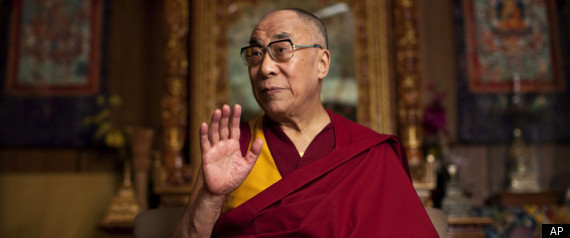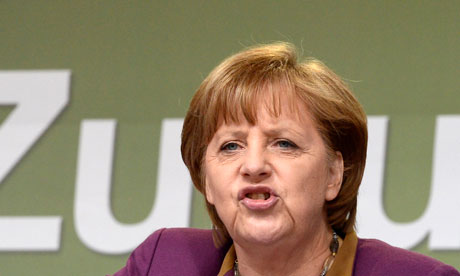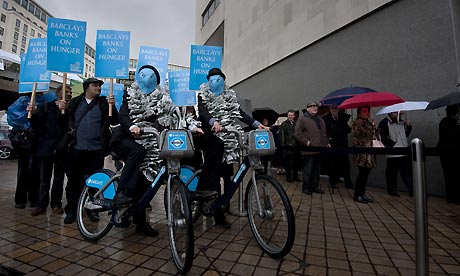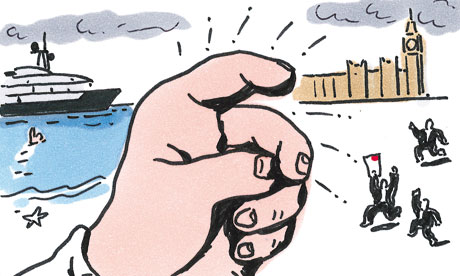MONTREAL - It’s not often Eastern Canadians feel like cheering when a Progressive Conservative government is re-elected in Alberta.
But that’s what happened this week when Premier Alison Redford scored a Hail Mary victory over the right-wing Wildrose Party, which had been widely expected to topple 41 years of Tory rule.
In the end, Albertans were spooked by Wildrose, whose leader, Danielle Smith, cast doubt on climate change, bashed Quebec’s social programs and failed to censure candidates who claimed gays will burn in a lake of fire and that white politicians have a natural advantage over minorities.
Most Alberta Conservative MPs backed Wildrose and were said to be devastated by the outcome, although Prime Minister Stephen Harper remained officially neutral.
But the results came as a relief to many in the rest of the country who worried a U.S. Tea Party-style government would further fragment Canada’s already divided political landscape.
“I think about the rise of the Wildrose Party in Alberta. It seems to me there’s a very outlaw mentality attached to these policies,” said Danielle Lustgarten, 46, a substitute teacher and mother of three who ran unsuccessfully for the NDP in the 2004 federal election in Pierrefonds-Dollard.
But that’s what happened this week when Premier Alison Redford scored a Hail Mary victory over the right-wing Wildrose Party, which had been widely expected to topple 41 years of Tory rule.
In the end, Albertans were spooked by Wildrose, whose leader, Danielle Smith, cast doubt on climate change, bashed Quebec’s social programs and failed to censure candidates who claimed gays will burn in a lake of fire and that white politicians have a natural advantage over minorities.
Most Alberta Conservative MPs backed Wildrose and were said to be devastated by the outcome, although Prime Minister Stephen Harper remained officially neutral.
But the results came as a relief to many in the rest of the country who worried a U.S. Tea Party-style government would further fragment Canada’s already divided political landscape.
“I think about the rise of the Wildrose Party in Alberta. It seems to me there’s a very outlaw mentality attached to these policies,” said Danielle Lustgarten, 46, a substitute teacher and mother of three who ran unsuccessfully for the NDP in the 2004 federal election in Pierrefonds-Dollard.






















